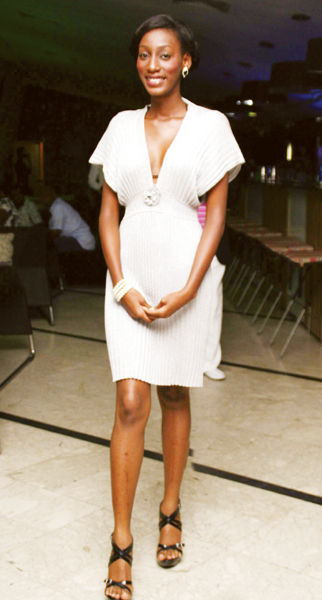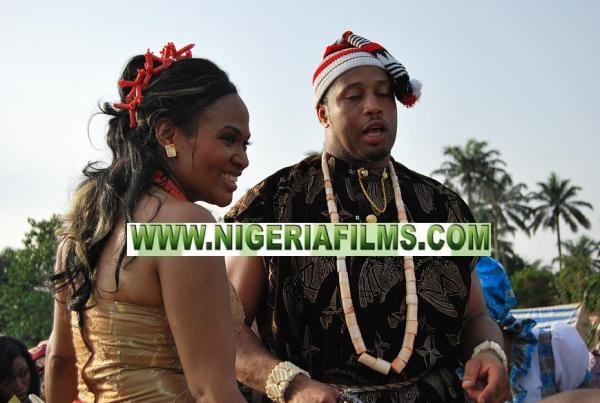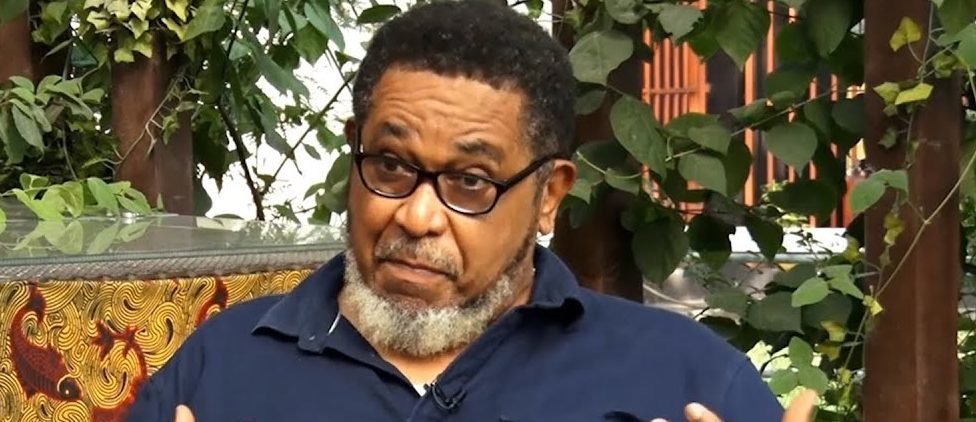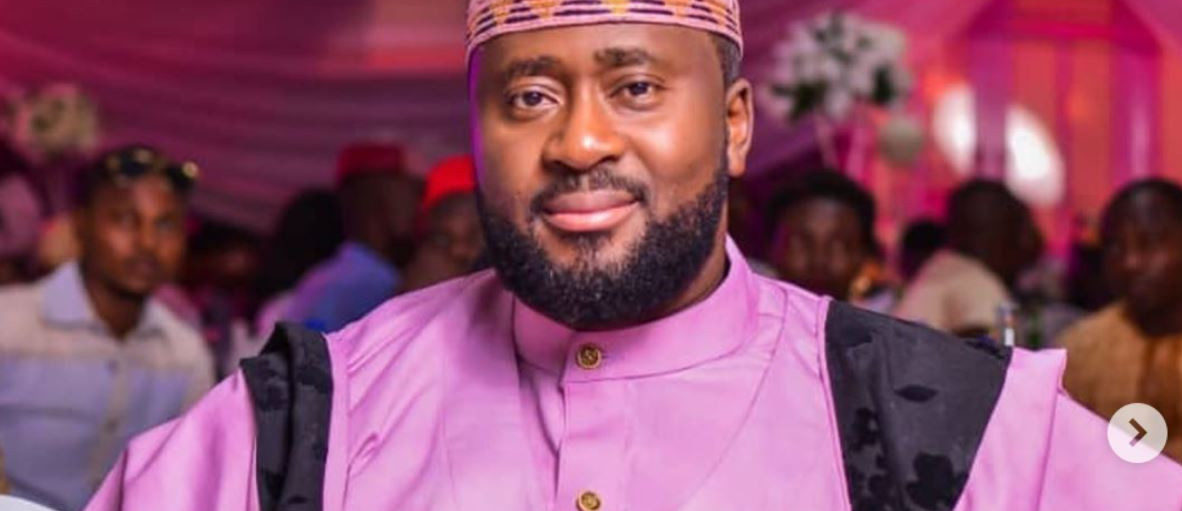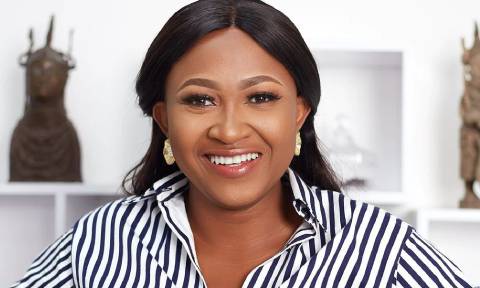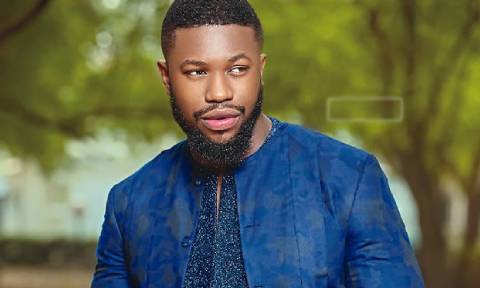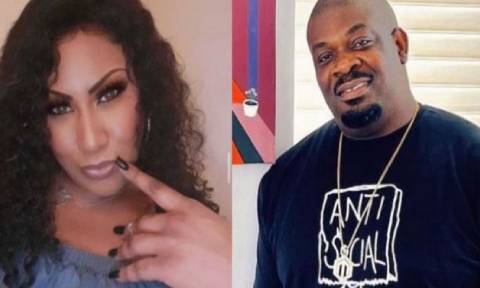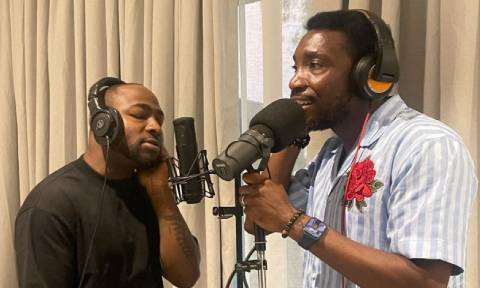In most of the films you’ve starred in you acted the role of a father whose knowledge of the holy Qur’an is quite vast. What does that tell us of your religious background?
Acting is profession that requires an artist to play a particular character and I get to play the role of a father may be because I don’t look like a lover boy. In the past, I acted the role of a rich man who was mean and had no knowledge of Islam.
Nollywood actors choose scripts and sometimes turn down some, while such is said to hardly happen in Kannywood. What is your reaction to this?
I will agree with you if you say that happened in the past. Then most artists accepted any script that came their way without a backward glance but this trend is now changing especially now that the industry is fast growing.
I am personally choosy when it comes to scripts, which is why I turn down a script that does not project our culture in positive light or contradicts my religion or a script that has no meaning.
You have been acting longer than most artists in the industry, coming to the limelight about a decade ago. What is responsible for that?
I have been acting since 1970, under the aegis of Sardauna Youths Dramatic Association but I gained renown in the 90’s. Then I was writing for television and radio stations. I was inspired by the likes of veteran actor Kasimu Yero, Dauda Galadanchi and Mustapha Muhammed. I produced a film the script for which I wrote. It was the first film I featured in which went into the market.
The first film I wrote was in the 70s called Al’ Ajabi which I sold to a young man who was not even born when the story was written.
I have also directed a number of films but I am not yet an executive producer. I have about three stories I have written that I want to turn into films. I want to direct the production myself when I have money enough to do so. I would have sold them but the fear of losing the real story line in the cause of editing is what is stopping me from selling them. The stories are Mi’iraki which talks about inheritance, Ma’aurata for married people and Attuka. A number of producers have shown interest in the stories but I’ve turned them down. Bad story ideas are one of the reasons I don’t watch films; secondly, most of the films we produce today lack suspense and viewers can easily say what will happen next even without watching the movie from beginning to the end.
If giving the chance is there any thing you will like to change in the industry which you think needs to be changed?
Yes, a lot, most especially the way artists relate with their fans and the relationship between government and the state artists. Artists change their behaviour towards the general public and their fans.
Secondly, the relationship between the artists and the marketers also needs to be changed. What is happening between marketers and artists is the case of “Monkey they work, baboon they chop” they eat fat on the sweat of artists by outsmarting them once the films get to their shops, which is why the marketers are getting richer while the artists suffer.
You are an artist, a teacher and a farmer; how do you combine all three occupations?
I was born into farming and grew up to know farming as the only profession. My father is still a farmer, I started growing farm produce when I realised that it brings money. My female siblings are good farmers than I am and they are also into poultry and fishing. I was an Arabic teacher in several schools when I was very much younger. My dream was to acquire western education which was why I absconded from School of Arabic Studies (SAS), kano I was taken to by my father, for a year I was not going to school until later when my brother in- law got me admission into Government Secondary Commercial School at Airport road where I completed my form six but my SSCE result was not encouraging and my father forcefully took me back to the Arabic school I ran away from to complete my studies at SAS and in the end I sat for the exams and finished with goods grades which I was not aware of until my father collected the result from the school for me which I used to secure teaching job in the primary school I am teaching.
How much are you worth?
I never name my price, as is the tradition in the industry, before I feature in any movie but I sometimes turn down money offered to me to act a role when I feel it is not worth it. I act before collecting my pay and sometimes I collect only a part in the event a director says he does not have the complete money. Whenever I turn down the money offered to me for a role, it is not the monetary aspect that I look at but the importance of the film and when we accept anything offered us even when we are supposed to object, we are selling the future of the generation of actors to come. My children are free to act if they want to join.
Where do you see the industry in few years’ time?
There is going to be more improvement in future; by then only 2% of the present set of artists will be in the industry and this will happen with or without the financial support of any rich man or government. In the next 50 years, the story of the culture of the Hausa man will not be exhausted because he has a lot of stories to tell. The film industry has created jobs for 80,000 people in Kano state.
What kind of films should your fans expect from you?
They should expect films that have a message to mankind. They should expect movies that will not have singing and dancing in them because in the culture of the Hausa man there is no provision for singing and dancing in gardens which is the trend in the industry since the industry came to limelight. I have a film called Kanwan Lasa which I am yet to release; that is the only film written and directed by me which will feature local musicians for every profession like the local Hausa wrestling, local barbers and the like.
